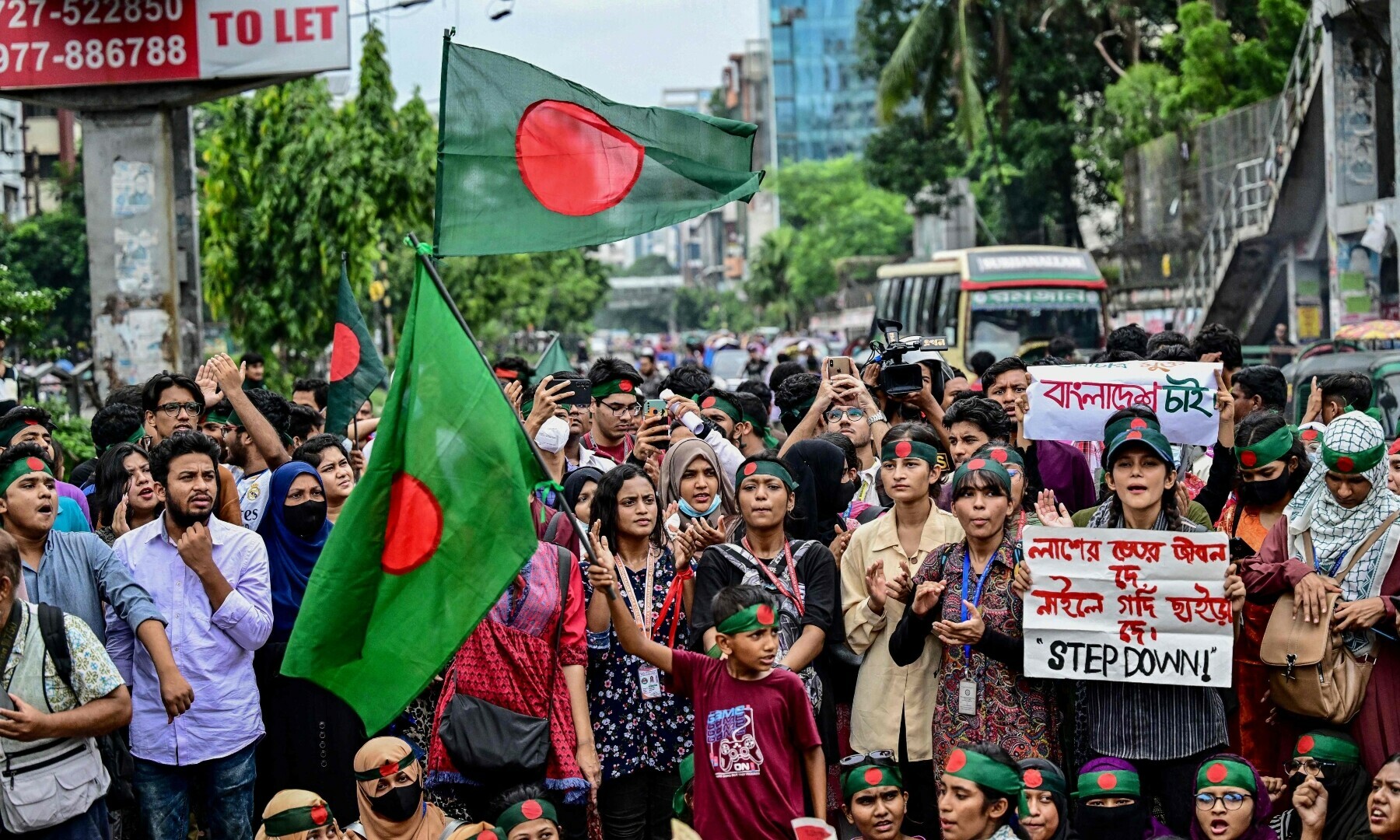In the wake of growing political and social unrest, many individuals and groups have resorted to protest to voice their grievances. Historically seen as an excellent tool for change, civil disobedience often comes with a price. As governments and authorities crack down on such movements, the protest cost becomes steeper for the activists and the societies they aim to transform. The contest between the wish for change and the state’s demand for order casts difficult questions as regards the balance between individual rights and governmental power.
Role of Civil Disobedience
Of the world’s most monumental movements, many were able to voice their concerns with civil disobedience. Mahatma Gandhi’s Salt March and Martin Luther King Jr.’s civil rights marches prove how protests have often confronted injustice in societies head-on. Protesters today are attempting to create more extensive conversations as they peacefully disobey laws that they consider unjust.(More)
However, protesting nowadays often encounters extensive resistance. Governments increasingly view dissent as a matter of public order and have sharpened their responses, from mass arrests to violent crackdowns. The difficulty is balancing the right to protest with the need to maintain societal peace and stability.
State Crackdowns: A Global Trend
In different parts of the world, alarming trends are witnessed as states continue cracking down on protests. Whether in autocracies or democracies, protestors are legally reprimanded for civil disobedience. In other words, in some instances, authorities have used the military and police to crush mass protests and, in the process, injured and killed members of protest action.
Protests sometimes spill into violent confrontations with state forces, such as in Hong Kong, Myanmar, and Belarus. Even in democratic countries like the United States, police demonstrated ferocity in response to protests calling for racial justice and police reform, which has been widespread in condemning the government’s response to peaceful demonstrations.
The authorities justify these crackdowns to maintain public order and keep citizens from the pervading sense of chaos and violence. Critics respond that such measures only silence legitimate grievances and further push marginalized groups into the shadows.
More:Dutch Authorities Investigate Police Violence Against Pro-Palestinian Protesters
The Price Protesters Pay
The prices of protesting can be pretty steep in terms of personal and social costs. Many protesters are imprisoned, have legal battles, and even suffer bodily injury at the hands of security forces. For instance, in Russia and Iran, a protest against government policies can send one to extended jail terms. Even in more democratic countries, arrest or injury is always possible for activists.
Direct consequences of state repression include social and professional fallout, which protesters witness. This might start with ostracism by their communities to denial of employment opportunities because of involvement in a high-profile demonstration. In other cases, a personal or professional reputation may be damaged, affecting one’s life long into the future.
The Moral Issue
This, of course, raises the question of ethics: How far can a government go in suppressing protests? Governments are mandated to maintain law and order, but critics argue that overreaching to suppress dissent erodes civil liberties. In fighting dissenting forces, governments might create fear, deterring people from speaking out and stifling democratic participation.
This is not merely about legal justification for protest but, more importantly, about moral justification for the state’s response. Must the authorities resort to violence to quell civil disobedience, or does such violate the core rights to freedom of expression and assembly? The more repressive the state response, the more likely the protests will continue as their impact worsens.
Conclusion: The Battle for Change Continues
Meanwhile, protest prices remain high as society struggles with political and social issues. For instance, while some governments may suppress dissent for a temporary period through repression, history shows that the struggle for justice and equality is not abolished through this process alone. Civil disobedience stands as a mighty force even before violent state crackdowns. The message is simple: all over the world, activists continue to be willing to stand up for what they know is right, at terrible personal cost, because the price of protest—while steep—is still far less than the price of injustice.















